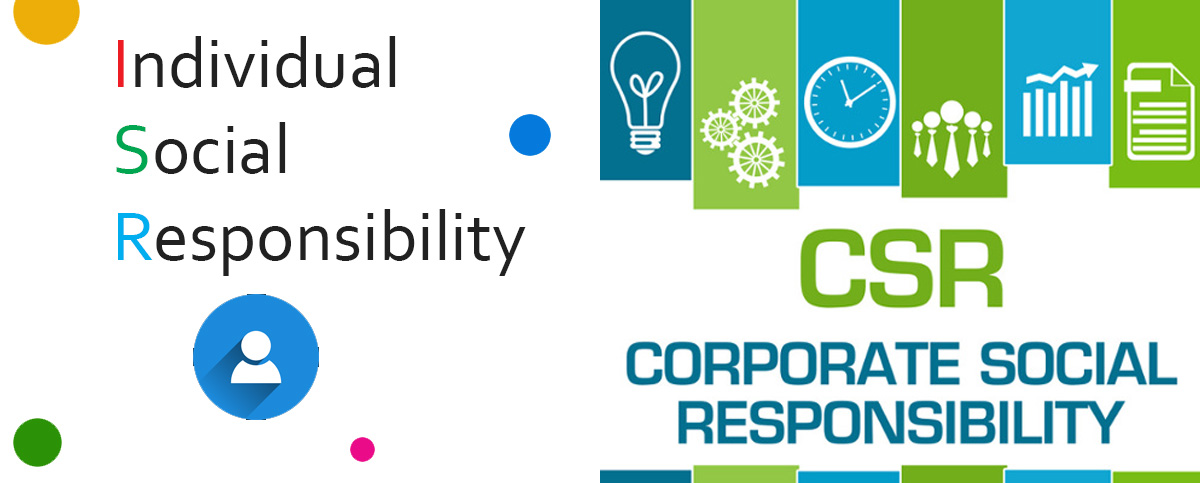Till some years ago, it was an accepted fact, that the purpose of a company should be to maximize shareholder value – an idea popularised by American honchos. Now, this idea is being questioned. There are many alternative views being heard from around the world.
In India, in the past, many of the big businesses were family-owned and they were interested in taking care of their shareholders (their family members) as leaving a legacy for their future generations to cherish was important apart from the profits.
Recently in the press, there have been many articles discussing this topic of what is the purpose of a company? I have given below a few articles on this topic that I found interesting.
Gurucharan Das in Times of India has written today (5th September 2019) a good piece on why it should Individual Social Responsibility and not Corporate Social Responsibility.
// Indians still believe that the market mostly helps the rich. They do not distinguish between being pro-market and pro-business. Being pro-market is to believe in competition, which helps keep prices low, raises the quality of products, and serves everyone. Being pro-business is to allow politicians to distort the market through excessive intervention, resulting in ‘crony capitalism’. The result of this confusion is the timidity of reform, excessive number of dysfunctional public sector companies, and a nation that is not performing to potential.//
//Everyone applauded Gates when he declared at Davos in 2008 that capitalism should have a twin mission: “Making profits and improving lives of those who don’t fully benefit from market forces.” But people took the wrong message. Gates expressed two different ideas. He did not mean that Microsoft ought to improve the lives of the poor. He meant that those who receive dividends from Microsoft’s after-tax profits ought to engage in philanthropy and help the poor. In other words, philanthropy is an individual social responsibility (ISR), not corporate social responsibility (CSR). Friedman was also right: a company should focus on profit; while making a profit, it serves the interests of all its stakeholders and does enormous good for society. Philanthropy is a wonderful thing but it is an individual’s responsibility. Hence, ISR not CSR should be our mantra.//
The Economist has this article on 22nd August 2019, titled “Big business is beginning to accept broader social responsibilities“.
//The most quoted assertion of the primacy of shareholder value comes from Milton Friedman, an economist. In 1962 he wrote that “there is one and only one social responsibility of business—to use its resources and engage in activities designed to increase its profits so long as it stays within the rules of the game, which is to say, engages in open and free competition without deception or fraud.”//
//Calpers, one of the world’s biggest pension funds, was underfunded. It had also been an early standard bearer for esg investing. In 2001 it dumped tobacco stocks—which then outperformed.//
The Wired magazine in 2019, carried an article titled “Three Years of Misery Inside Google“.
// Google’s workers really do take “Don’t Be Evil” to heart. C-suite meetings have been known to grind to a halt if someone asks, “Wait, is this evil?” To many employees, it’s axiomatic: Facebook is craven, Amazon is aggro, Apple is secretive, and Microsoft is staid, but Google genuinely wants to do good.//
Similarly, Vox had news on “Google Employees are demanding an end to the company’s work with agencies like CBP and ICE“. If the trend of being a social responsibility continues, private enterprises have to conduct plebiscite within their employees (and later extend it to their vendors and customers) before undertaking any major decision/contract. That will shake up the fundamental power of the ‘capital’ and the shareholders in capitalism. I am NO expert in this complex socio-economic topic, but I have a feeling it won’t be for the good.



Comments